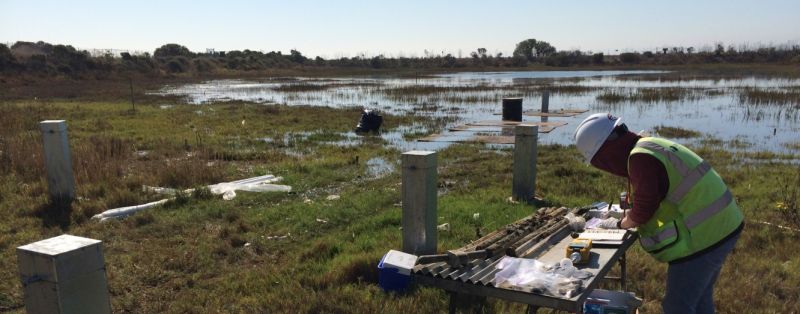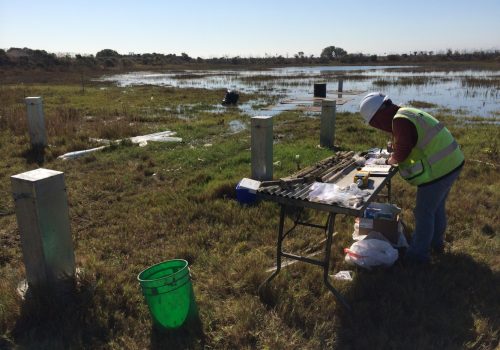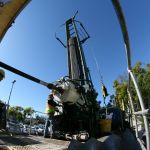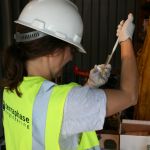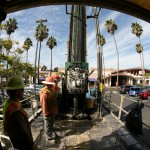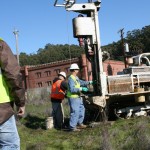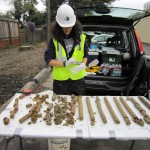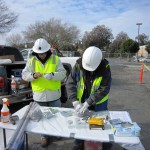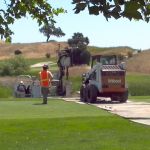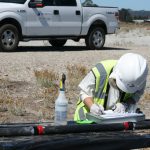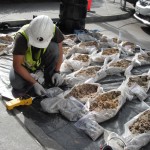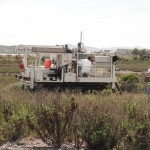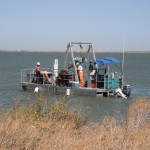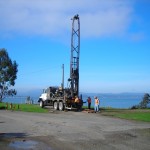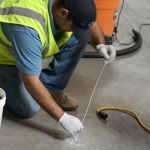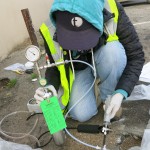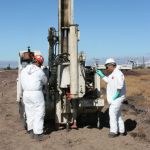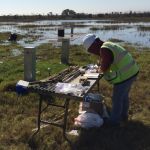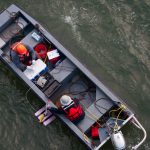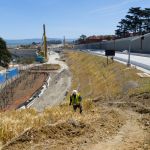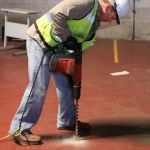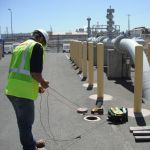Soil | Sediment | Groundwater | Soil Gas | Indoor Air
Terraphase specializes in the design and application of innovative remedial site investigation approaches, taking into account site-specific conditions, property end-use options, and the goals and objectives of the client. We work with regulators to develop cost-effective investigation approaches to develop plans that fulfill regulatory demands and our clients’ needs. Terraphase geologists and engineers have implemented site investigations for properties affected by metals, volatile organic compounds, petroleum hydrocarbons, polynuclear aromatic hydrocarbons, pesticides, PCBs, dioxins, furans, fire retardants, and radionuclides. Our experience and capabilities span a wide range of environmental investigations, including:
- Remedial investigations at CERCLA and RCRA sites
- Remedial investigations at CERCLA, RCRA, DOD, and DOE sites
- Soil sampling and well installation using a variety of techniques (direct-push, hollow-stem auger, sonic, air rotary)
- Offshore sediment sampling using Vibracore
- Groundwater & pore-water sampling (wells, Hydropunch, passive diffusion bags, centrifugation)
- Real-time field screening for lead and arsenic using XRF technology
- CPT borings and interpretation to determine site lithology
- Source zone and plume characterization, using state-of-the-art in-situ techniques such as Membrane Interface Probe and Laser-Induced Fluorescence
- Sampling of radiologically impacted media
- Modeling of radiation dose from residual radionuclides using the RESRAD model
- Source Identification through the use of forensic chemistry and/or engineering studies
- Soil-vapor investigations and indoor-air sampling
- Media sampling using EPA’s Triad approach
- Stormwater sampling
- Geophysical testing
- Waste characterization
- Sampling for speciation of redox-sensitive metals (selenium, arsenic, chromium)
- Trace metal clean sampling (“clean hands, dirty hands” technique)
